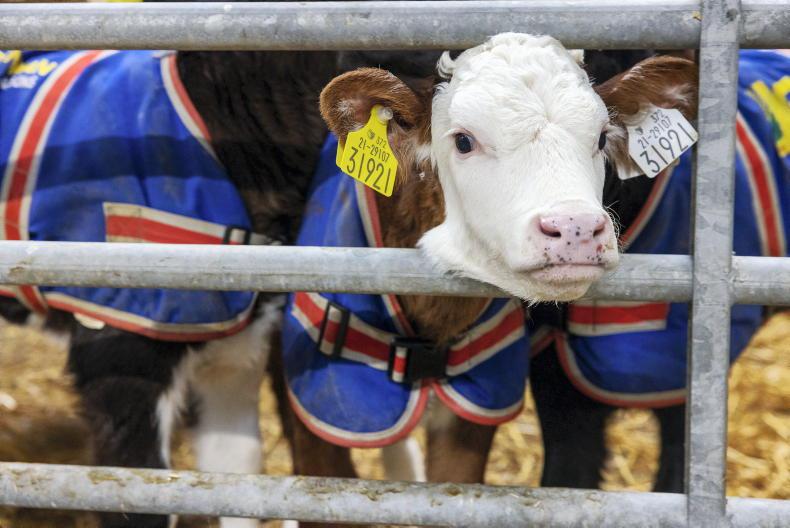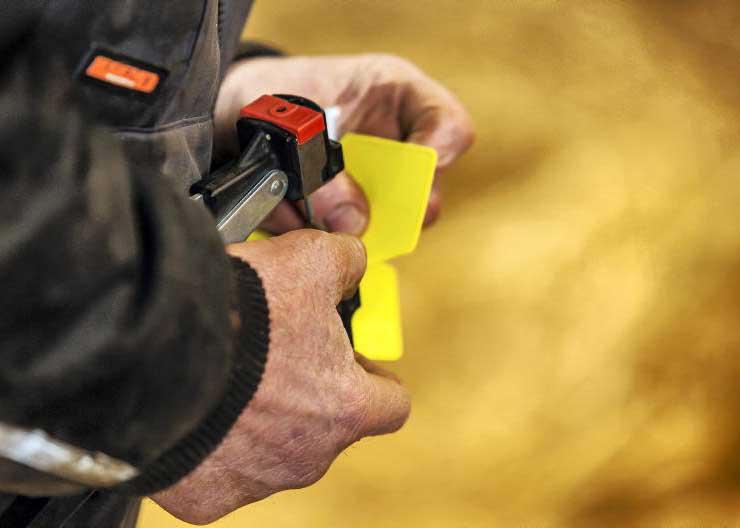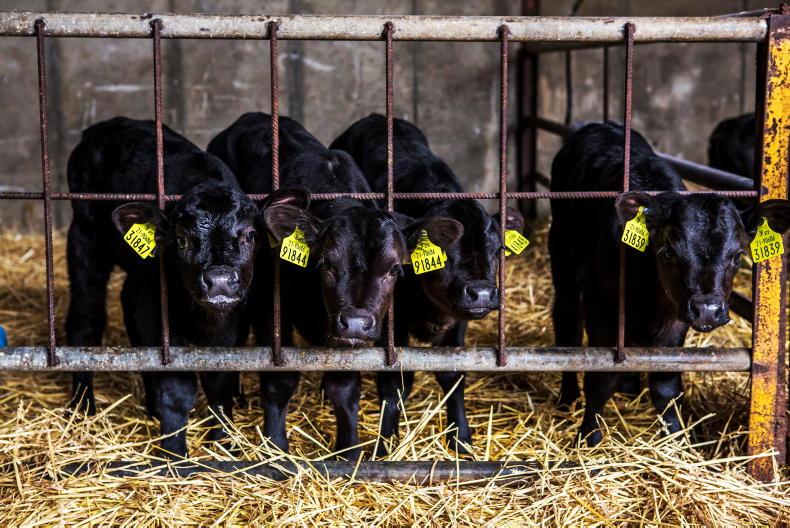Sheep farmers received correspondence this week from the Department of Agriculture’s Animal Identification and Movement division informing them that any sheep imported to Ireland must retain the tags applied in the country of origin. The new ruling comes in to play on 1 June 2022.
The letter has led to some discussion among pedigree breeders in particular, who are querying what, if anything, has changed from the rules currently in place.
It is possible that the rules have been introduced in response to the UK leaving the European Union which means it is now subject to trade rules applicable to non-EU member states.
Current NSIS rules
The current National Sheep Identification System (NSIS) rules state that sheep born from 31 December 2009 and imported from an EU member state must already be electronically identified with a full EID tag set or an electronic bolus set and must not be retagged on arrival.
In contrast, sheep imported from outside the EU must be re-tagged with NSIS tags at the holding of destination within 14 days of arrival, or on leaving the holding if this occurs before day 14. Sheep imported and transported directly to slaughter within five days of arrival were not required to be identified.
This ruling related to sheep imported from non-EU member states applied to very low numbers of sheep pre-Brexit.
This changed considerably post-Brexit, with a significant number of sheep falling under this categorisation.
The new rules introduced on 1 June now mean that there will be no requirement to retag sheep entering Ireland from the UK, with these sheep now obliged to retain the identification applied in the country of origin.
The Department also reminds farmers to continue to record the details of any such movements in their flock register.
Genotyping stock rams
Sheep Ireland is reminding LambPlus breeders that genotyping of any stock ram on the farm must be carried out immediately, if not already complete, as it is a compulsory requirement to obtain €uro-Star evaluations on any sheep born from 2021 onwards.
Genotypes can be ordered via a breeder genomic ordering screen, with tissue tags arriving three to five working days later. The genomic status of rams can also be checked via this portal.
The cost of each genotype through the LambPlus programme continues to be subsidised by Sheep Ireland which reduces the cost from €24.50 to €15 per animal.
Return envelopes are included in the genotyping kit and include the return address of the laboratory they must be sent to.
Sheep Ireland adds that genotyping of stock rams will help to correct any potential errors found in your flock in the future.
This includes parentage verification (where parents have also been genotyped) and Department of Agriculture and Food scrapie status.
Sheep Ireland reports that there has been an increase in the number of pedigree flocks tagging their lambs at birth with DNA sampling kits, with such farmers keen to obtain as much information about lambs as they can at an early stage in their lives.
The number of breeders participating in LambPlus increased by over 150 flocks for the 2021/2022 season and exceeded the 1,000 flock mark for the first time.
The number of sheep societies using the Sheep Ireland database to administer their flockbooks has also grown and now stands at 15 different breeds.










SHARING OPTIONS